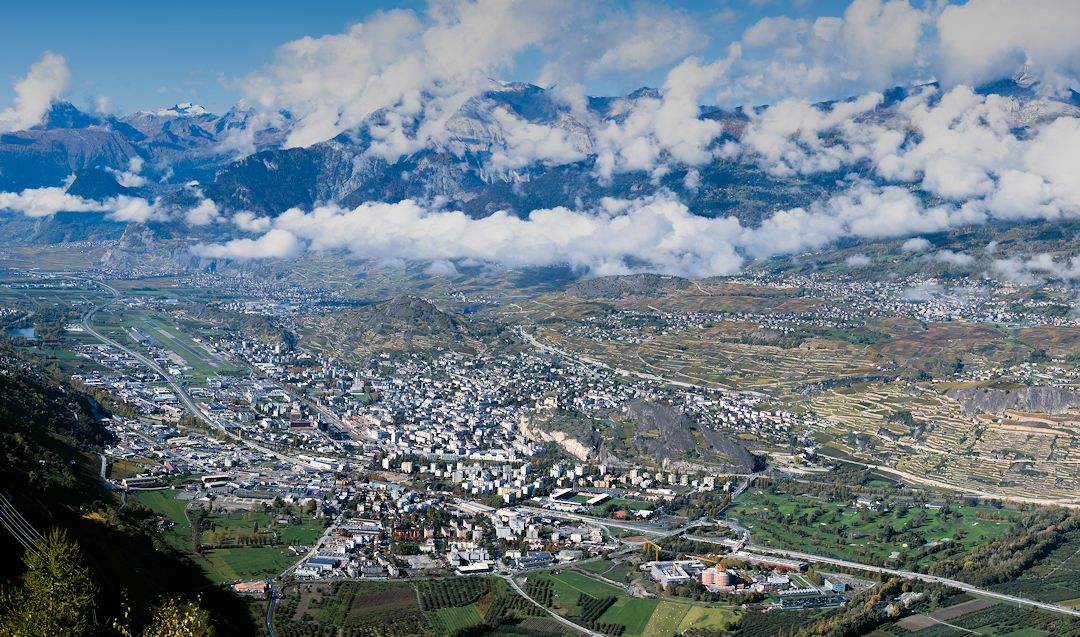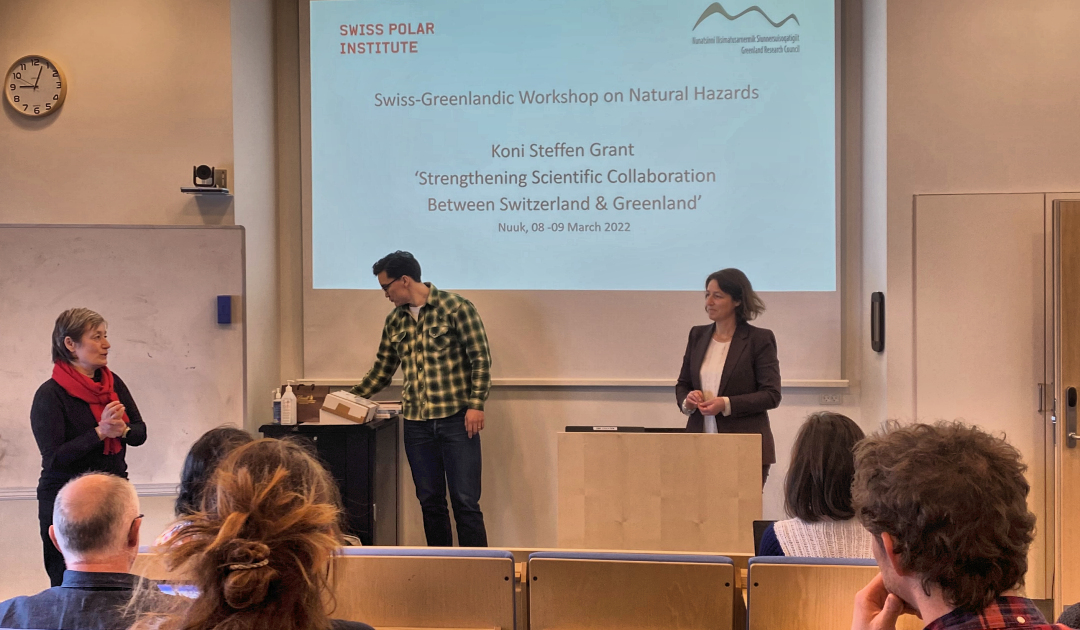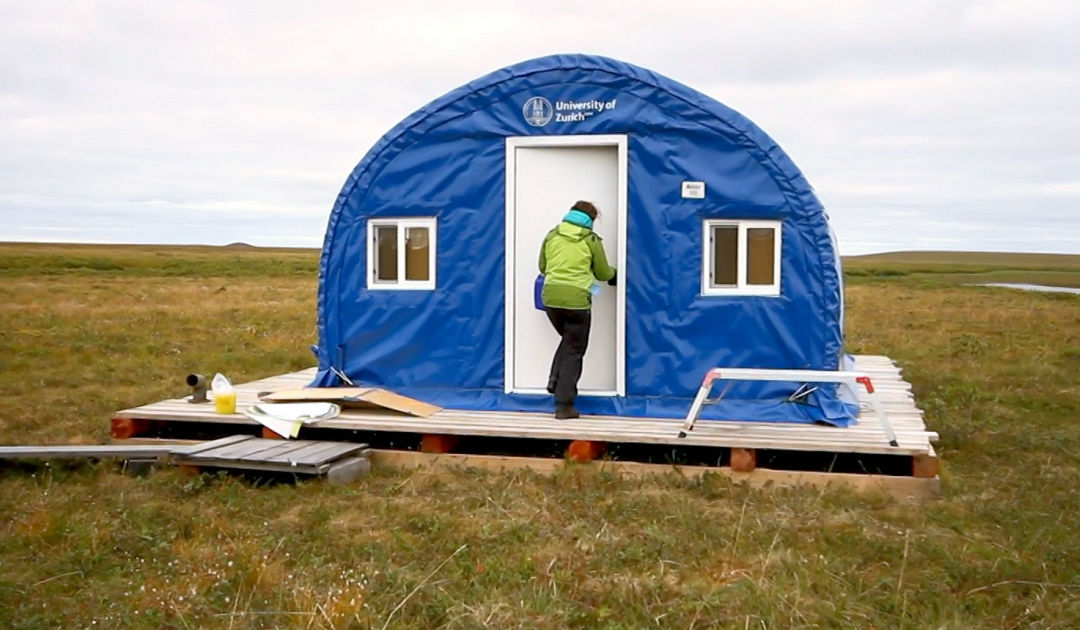
Looking at the seismological list of Switzerland shows that the ground in Sion shakes every now and then, mostly mildly but surprisingly. A report from the Swiss Polar Institute last week, when it announced the resignation of its scientific director, corresponded to such a small, though not geologically caused, shake.
The scientific directrice at the Swiss Polar Institute, Professor Dr. Gabriela Schaepmann-Strub, will step down from her position, the SPI wrote in a press release last Wednesday. The resignation will take place at the end of August, according to the institute. The announcement, however, did not provide details on the reasons for the resignation or any potential successor. However, it is likely that the institute should have the succession sorted out by the traditional Swiss Polar Day. This year, the Swiss Polar Day will be held for the first time at the SPI’s new location in Sion.

Professor Schaepmann-Strub officially took over the position of Scientific Directrice at SPI on May 1, 2021, after having the position on an interim basis following Professor Konrad “Koni” Steffen’s death in August 2020. Previously, she was Chair of the Science and Technology Advisory Board since the founding of the Swiss Polar Institute in 2016. Martin Vetterli, SPI Foundation Board Chair stated, “She played a key role in shaping SPI in its transition to an established polar organization.”
Her time as Scientific directrice coincides in particular with the expansion of SPI’s cooperation with various research institutions, especially in Greenland. She was instrumental in establishing a joint science and policy platform between Switzerland and Greenland on natural hazards such as avalanches and landslides, which was signed in Nuuk on April 20, 2023.
Another milestone during the last two years has been SPI’s two flagship initiatives, “Greenfjord” and “Pamir.” Both are multidisciplinary, multi-year projects that address the impacts of climate change on mountainous and Arctic regions and were launched last year. Here, too, Professor Dr. Schaepmann-Strub was one of the driving forces at the SPI.
An additional highlight certainly was the “Arctic Century” expedition to the area of the Russian Arctic carried out by the SPI in the fall of 2021, which had been co-organized and accompanied by Professor Schaepmann-Strub.

Despite her surprise decision to step down as Scientific Directrice at SPI, Professor Schaepmann-Strub will continue to have dealings with the institute in the future. “It has been a pleasure working with Swiss and international colleagues to foster polar science and achieve societal impact,” she wrote on her social media channels. “Our paths will certainly cross again in the future.” As associate professor and head of he Earth System Science Lab research group at the University of Zurich, she is particularly concerned with the effects of climate change on vegetation and energy flows in the Arctic tundra. She is also the Swiss representative to the International Arctic Science Committee IASC and to the committee on the Conservation of Arctic Flora and Fauna CAFF. Currently, she and her research group are preparing for upcoming fieldwork in the Arctic tundra.
Dr Michael Wenger, PolarJournal
More about this topic





